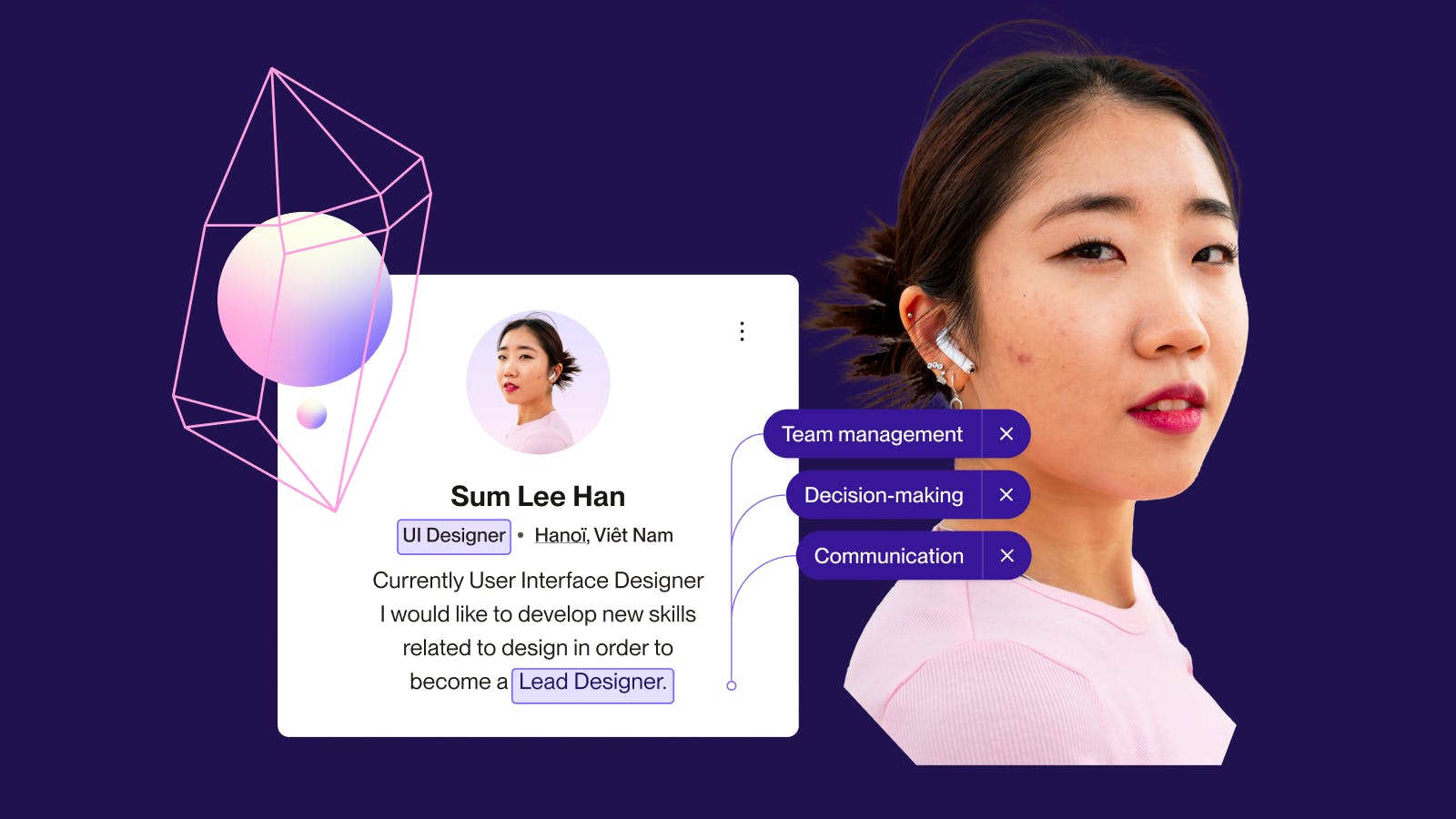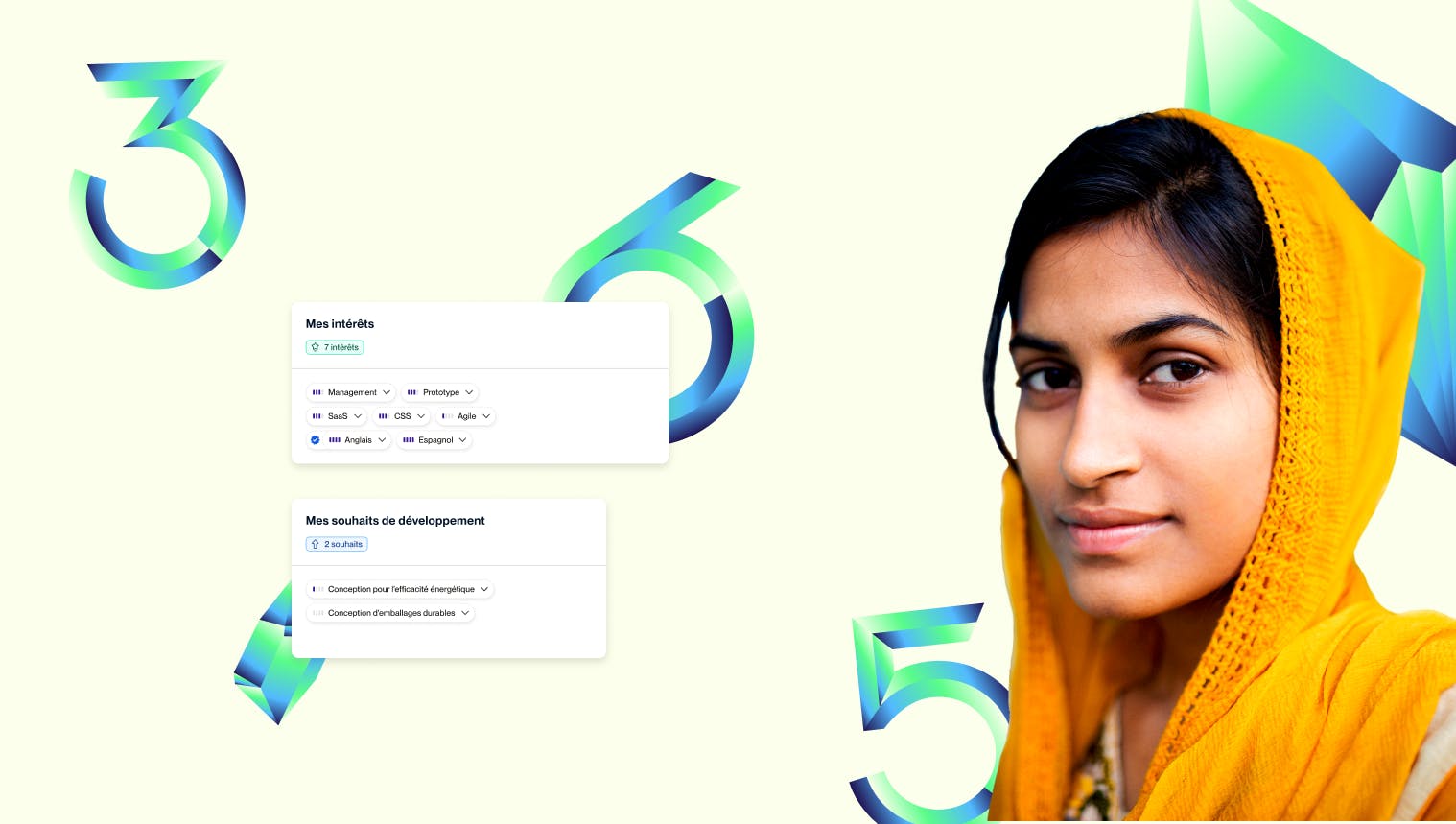AI: HR’s Secret Weapon for Gaining a Competitive Advantage in Modern Business
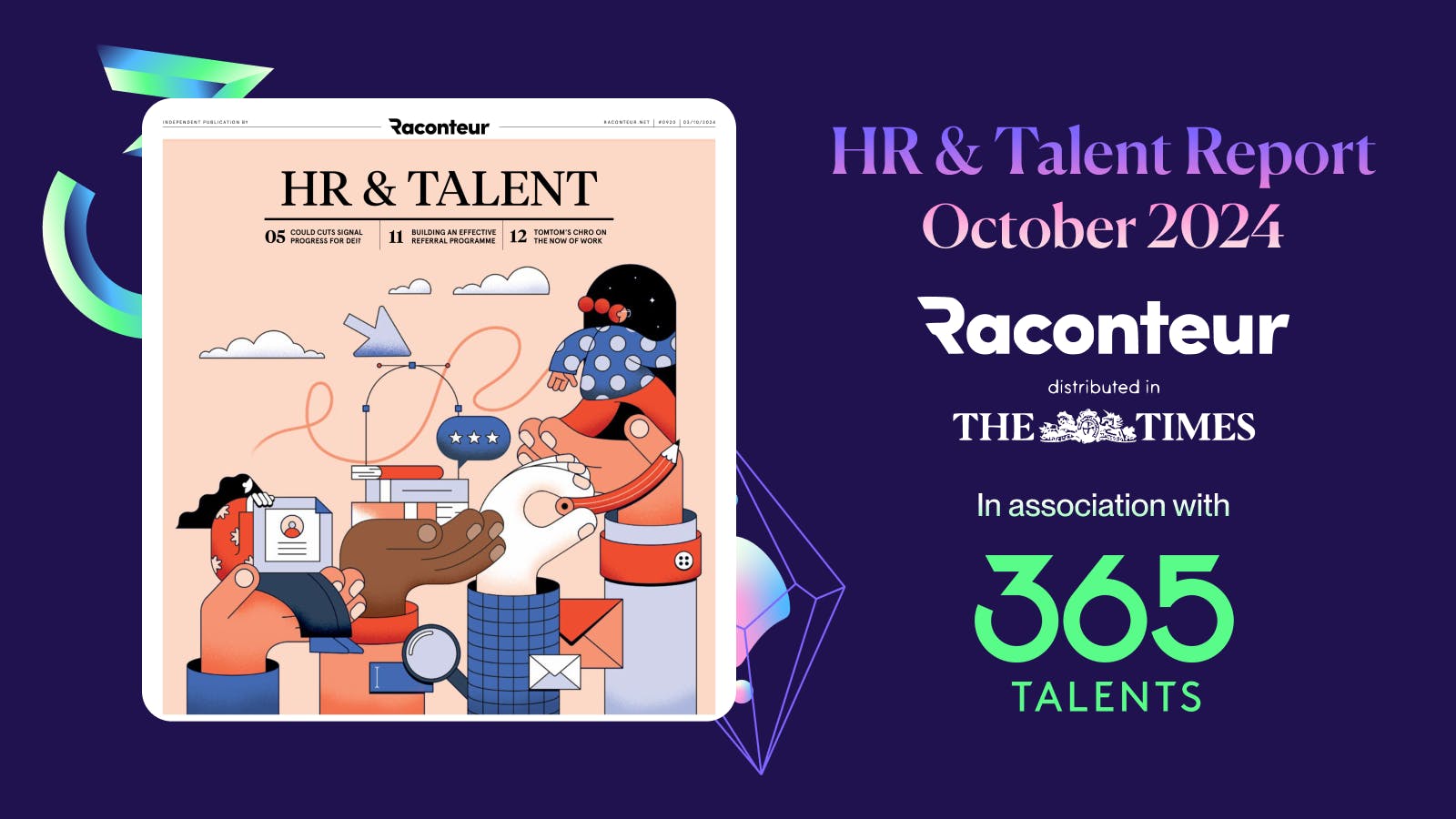
As business challenges grow more complex, AI is quickly becoming HR’s secret weapon for building a workforce that’s ready for the future. From crafting personalized career paths to boosting retention, AI empowers HR teams to make smarter, faster decisions using real-time insights, keeping businesses agile and ahead of the curve.
For companies that want to scale effectively and stay ahead of competitors, embracing AI is not a choice—it’s a requirement. HR departments lag behind other industries in adopting this powerful technology despite its substantial impact on business success. AI is a pivotal tool for organizations striving to operate with a skills-first approach, where skills precede traditional job descriptions or roles. According to Deloitte’s 2023 Global Human Capital Trends report, companies prioritizing AI-driven learning cultures are 63% more likely to see improved performance and 53% more likely to achieve higher retention rates. It’s clear that AI offers a competitive edge for HR, yet adoption remains limited.
The Critical Role of Skills-Based HR Innovation
365Talents, a global leader in talent experience solutions, understands the value of AI-powered innovation in HR. Working with over a million users across 80 countries, CEO Loic Michel emphasizes that the shift to skills-based HR innovation is essential for overcoming talent shortages, future-proofing challenges, and competitive pressures businesses face. Without AI, HR leaders may struggle to attract and retain top talent, bridge essential skills gaps, and align workforce capabilities with strategic goals.
How AI Empowers HR to Address Skill Gaps and Align Talent with Strategy
The transition to a skills-based organization is no small feat. Large companies, in particular, need help to harness information on employee skills due to the diversity of data sources and the variability of skills across levels, departments, and regions. AI helps HR teams process, unify, and leverage complex data, transforming it into actionable insights. However, this transformation requires a cultural shift across the entire organization, as Loic explains:
Our vision is to help HR and the C-suite turn their workplaces into skills-based organizations. It’s a big challenge, but AI can meet it by connecting disparate data on employee skills and translating it into actionable information.
Loic Michel
,CEO & Co-Founder at 365Talents
Let’s explore the areas where AI-powered HR solutions, like 365Talents, can drive business growth and operational agility.
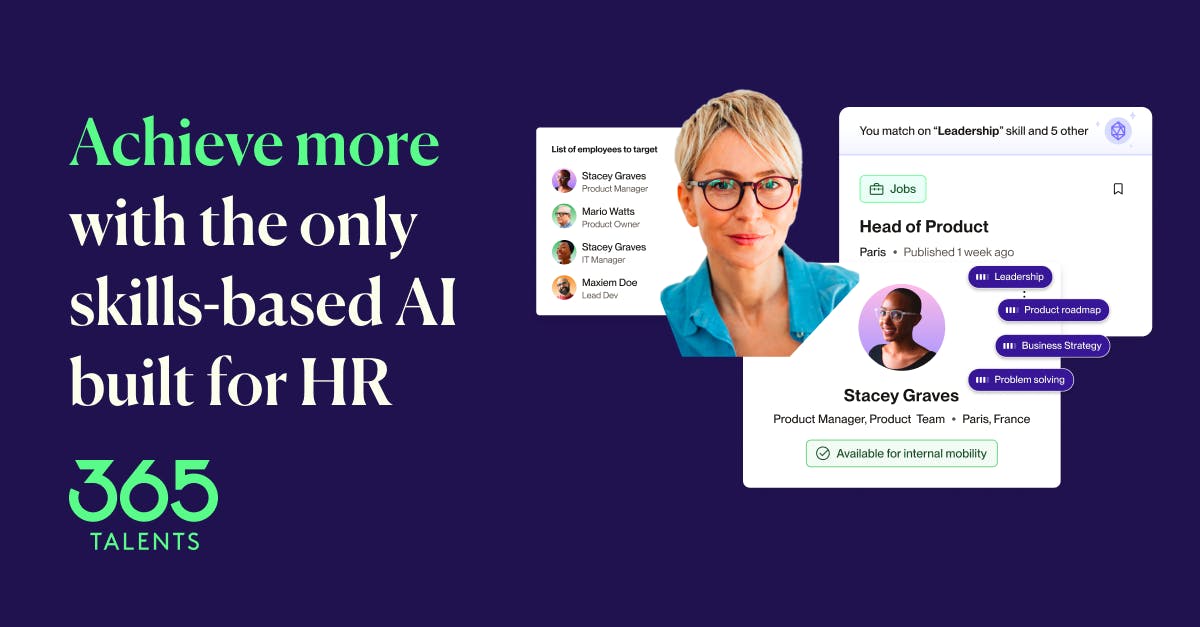
1. Upskilling and Talent Retention: Building Tailored Development Paths
AI allows HR teams to manage employee upskilling and retention more effectively. It builds an organization's skills and job architecture, integrating internal data and external labor market insights. This foundation enables HR to create personalized career paths and identify development opportunities tailored to individual employees. According to a survey by LinkedIn, 94% of employees say they would stay with a company longer if it invested in their development, underscoring the critical link between upskilling initiatives and retention. With AI, HR can seamlessly recommend personalized learning content and skill-developing resources, fostering a culture where employees feel valued and invested.
2. Predicting and Addressing Skills Gaps: Aligning Workforce and Strategic Goals
AI can analyze workforce data to identify emerging skill gaps, providing HR teams with insights into which skills are in decline, stable, or in demand. This predictive capability is handy for anticipating gaps when employees leave or transition to new roles. By pinpointing skill gaps in real-time, AI allows HR to implement strategic plans through internal talent redeployment, targeted hiring, or structured upskilling initiatives. This ensures that organizational needs are continuously aligned with available skills, providing a streamlined approach to workforce planning and reducing reliance on external hiring for specialized roles.
3. Supporting Managers in Talent Development
Managers play a critical role in an organization’s talent ecosystem but often lack streamlined, data-driven support for managing skills within their teams. AI empowers managers by providing a consolidated view of their team’s skill sets, strengths, and developmental needs. This data is available in user-friendly dashboards that enable managers to identify top talent for upcoming projects, craft tailored mentorship plans, and ensure every team member’s skills are aligned with their responsibilities. By offering insights on individual and team competencies, AI-driven tools allow managers to support employee growth, which enhances overall engagement and performance.
4. Enhancing Business Agility with an Internal Talent Marketplace
A skills-based organization thrives in an agile environment where talent can be deployed flexibly and efficiently. AI powers internal talent marketplaces, where employees can be matched to projects based on their skill profiles rather than traditional job titles. “With AI, you don’t need a rigid framework for skills and job data—you have the flexibility to respond to evolving market demands,” explains Loic. An internal marketplace promotes a culture of cross-functional collaboration and supports a growth mindset across the organization. This adaptability is key to staying competitive in today’s rapidly shifting business environment, as it enables organizations to redeploy and reskill employees in response to strategic shifts or emerging market needs.

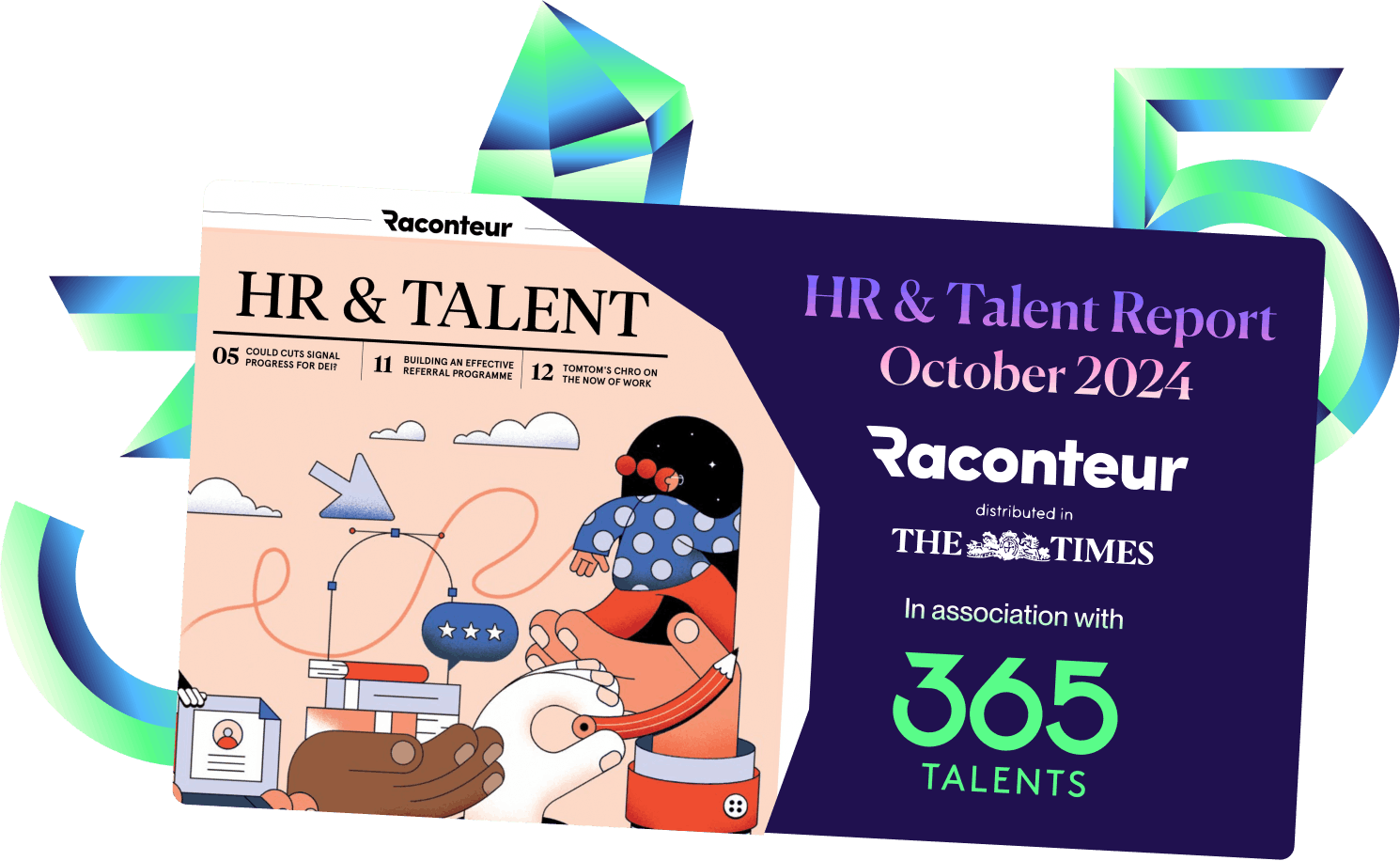
Get the full report!
The HR & Talent Report by Raconteur, The Times and 365Talents explores how AI is reshaping HR and talent management. Discover actionable insights that will help you stay ahead in an increasingly competitive and skills-driven market.

AI as a Strategic Partner for HR Success
In conclusion, AI is a powerful enabler for HR leaders seeking to build competitive, future-focused organizations. Companies can more effectively navigate today's complex talent landscape by leveraging AI to address skill gaps, enhance career development, and promote business agility. From personalized employee development paths to agile talent marketplaces, AI in HR creates a solid foundation for continuous improvement and long-term success.
AI is the strategic advantage for organizations committed to a skills-first future that will keep them resilient, adaptable, and ahead of the competition.
More articles on talent management








